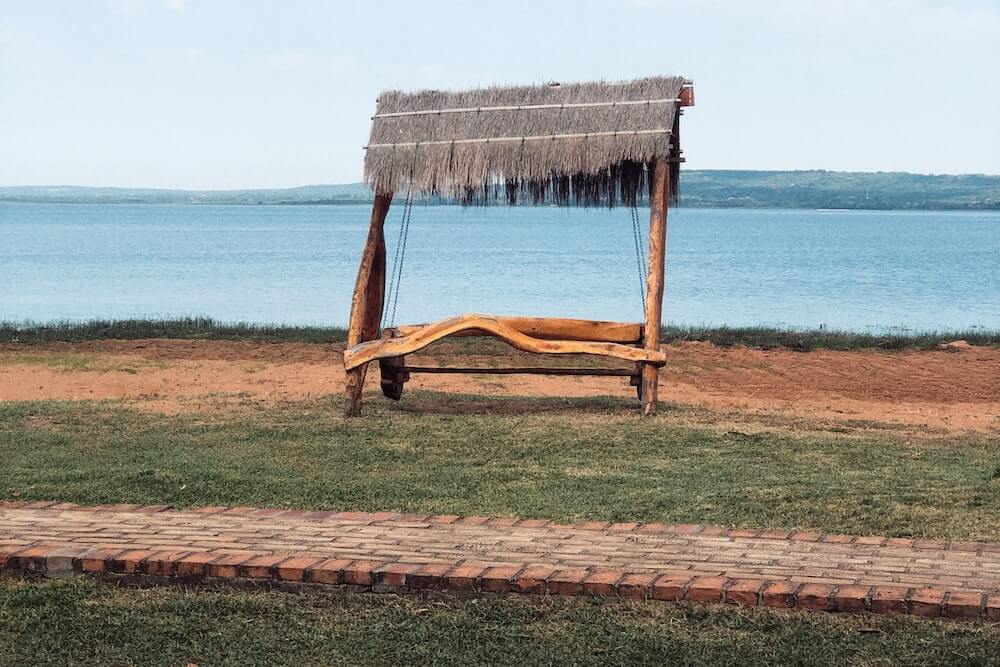The Negative Effects of Salt on Your Pavers and Patios

Maintaining a home can be full of challenges. To keep your property in good condition, it can be helpful for you to be aware of your environment and its effect on your home. In this post, we take a look at some of the possible damage salty water can inflict on your pavers, patios or driveways.
Why Is Salt So Damaging?
Salt can cause plenty of damage, more so when diluted in water. A salt solution is electrically charged, causing the salt particles to penetrate different materials deeper. When salt lingers on various materials, from wood to metal, it can lead to corrosion, weakening your home structures.
In time, deposits of salt lead to leaks, rot, rust and general weakening of your home’s structural elements. You may eventually have to deal with costly repairs if you are not careful to rinse the salt off periodically.
What is Rock Salt?
Rock salt, or treated salt, is a composite used primarily by municipalities in colder regions to prevent frost and icy roads. In Melbourne, it rarely gets frosty, so rock salt is usually not needed.
Another use of rock salt is to get rid of weeds, and some people sprinkle it on their driveways or gravel paths. However, other solutions may be more sustainable, as rock salt can pollute the ground and damage your pavers.
Salt vs Pavers, Patios, Poolside, Pavement
Salt can cause damage to many areas of your property, from your pavement to your patio.
Salt and Pavers
Salt can erode the mortar between paver stones, making them weak and prone to breakage. Water can also infiltrate the cracks that form, leading to even more damage.
Salt and Patios
If you have wooden patios, salt water can damage them, causing the wood to swell and rot. This can lead to eventual collapse over time. Salt does deter pests and fungi, but specialised wood sealants may be a better solution.
Salt and Poolside Finishes
If you let salt deposit on the tiles of your poolside finishes, it can penetrate the material, making it brittle and exposed to staining and water damage.
Salt and Pavements
If you don’t have salt-resistant pavement, exposure to salt or saltwater can lead to erosion and pitting or even cracking and breakage.
How to Limit the Damage
If you live in a coastal area, it’s crucial to minimize the effects of salt water and salty air on your property. One way to limit the damage salt can cause to your paver stones is to treat them properly with salt-resistant sealants.
Proven Pavers and More
Renovating your home or building a new house takes some decision-making. When the time comes to choose the pavers for the outdoor areas, go for salt-resistant solutions. Here at Fulton Brickyard, we have the right kind of pavers for any property, and our expert team is always more than willing to offer the best advice for your building and landscaping projects. We offer a wide selection of the highest quality supplies, ranging from slippers and bricks to concrete or sandstone pavers. Contact us for a free estimate for your brick and paving needs.
- Are Sandstone Paver Walkways Safe for Pets and Children?
- Artificial Turf vs Natural Grass: Which is Better for Your Yard?
- Can You Pressure Wash a Wooden Deck?
- The Benefits of Permeable Pavers in Stormwater Management
- The Importance of Proper Drainage Planning for Your Backyard or Garden
- Common Mistakes to Avoid When Cleaning Sandstone Pavers
- How to Repair Broken or Sunken Pavers
To learn more about the outstanding benefits of our expressive, evocative,
and natural granite pavers call us today on:
